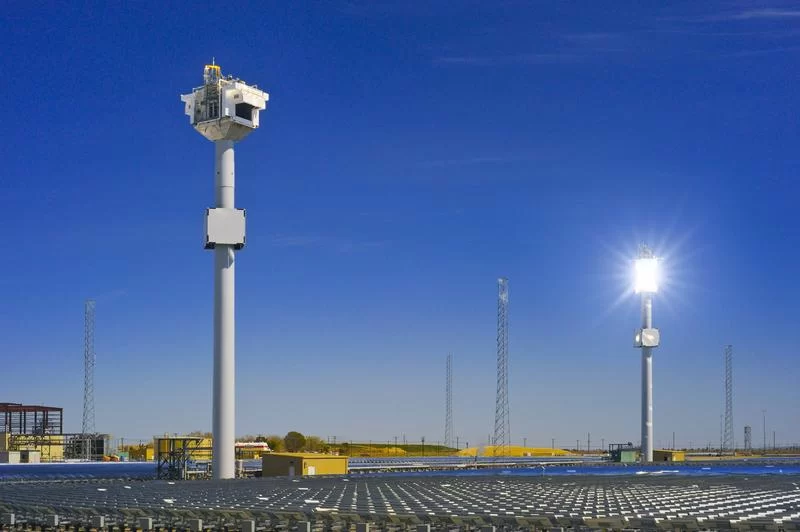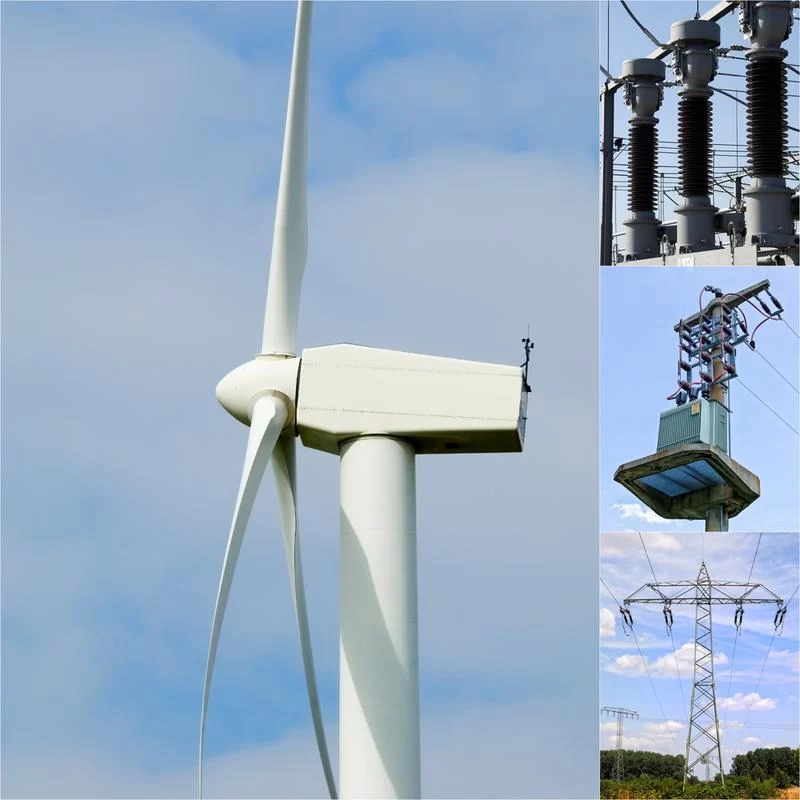Efficient Energy Management: Strategies for Base Station Energy Storage
Introduction
Effective energy management is critical for the operation of base stations, especially with the increasing demand for reliable and sustainable energy sources. This article explores strategies for optimizing base station energy storage, enhancing energy efficiency, and reducing operational costs.
Benefits of Energy Management for Base Stations
1. Enhanced Energy Efficiency
Implementing energy management strategies can significantly improve the energy efficiency of base stations.
- Optimized Energy Use: Efficient management leads to optimized energy use, reducing waste and improving performance.
- Lower Energy Consumption: Improved efficiency results in lower energy consumption, contributing to sustainability.
2. Cost Savings
Efficient energy management can lead to substantial cost savings for base station operations.
- Reduced Operational Costs: Lower energy consumption translates to reduced operational costs, increasing profitability.
- Extended Equipment Lifespan: Proper management extends the lifespan of equipment, reducing maintenance and replacement costs.
3. Reliability and Stability
Effective energy management ensures the reliability and stability of base station operations.
- Consistent Power Supply: Ensures a stable power supply, preventing disruptions in service.
- Improved Performance: Reliable energy management leads to improved overall performance and service quality.
Strategies for Effective Energy Management
1. Conduct Energy Audits
Regular energy audits help identify inefficiencies and areas for improvement in energy use.
- Assess Current Usage: Evaluate current energy usage patterns and identify areas of wastage.
- Implement Improvements: Based on audit findings, implement necessary improvements to optimize energy use.
2. Upgrade to Energy-Efficient Equipment
Investing in energy-efficient equipment can significantly reduce energy consumption.
- Energy Star Certified: Choose equipment with Energy Star certification for maximum efficiency.
- Advanced Technologies: Utilize advanced technologies that enhance energy efficiency and reduce waste.
3. Implement Renewable Energy Sources
Incorporating renewable energy sources can further reduce energy costs and environmental impact.
- Solar Power: Install solar panels to harness solar energy for base station operations.
- Wind Power: Consider wind turbines as an additional renewable energy source.
Practical Tips for Energy Management
1. Monitor Energy Usage
Continuous monitoring of energy usage helps identify patterns and inefficiencies.
- Smart Meters: Use smart meters to track energy consumption in real-time.
- Data Analytics: Analyze data to identify trends and areas for improvement.
2. Optimize Cooling Systems
Efficient cooling systems are essential for maintaining equipment performance and longevity.
- Regular Maintenance: Ensure regular maintenance of cooling systems to prevent inefficiencies.
- Energy-Efficient Cooling: Use energy-efficient cooling technologies to reduce energy consumption.
3. Implement Energy-Saving Practices
Simple energy-saving practices can lead to significant improvements in efficiency.
- Power Management: Implement power management practices to minimize energy use during low-demand periods.
- Energy Conservation: Encourage energy conservation habits among staff and technicians.
Conclusion
Effective energy management is crucial for optimizing base station operations, reducing costs, and enhancing sustainability. By implementing the strategies and tips outlined in this article, you can improve energy efficiency, reduce operational costs, and contribute to a more sustainable future.


